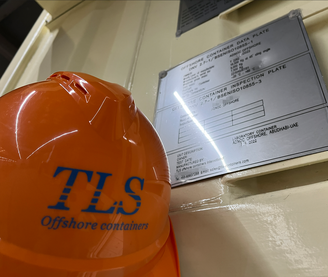|
The negatively pressurized laboratory container is a specialized container that is designed to create a controlled laboratory environment where the air pressure inside the container is lower than the pressure outside the container. This creates a negative pressure differential that helps to prevent the release of hazardous or contaminated materials from the container into the surrounding environment. Negatively pressurized laboratory containers are used in a wide range of industries, including healthcare, pharmaceuticals, and oil and gas exploration and production. They are commonly used to test and analyze materials or substances that are potentially hazardous or contagious, such as biological or chemical samples. These containers are typically constructed with high-quality materials and are designed to withstand harsh environmental conditions, such as extreme temperatures and high humidity. They may also be equipped with specialized ventilation systems and air filtration systems that help to control the air quality and prevent the release of any hazardous or contaminated materials. Negatively pressurized laboratory containers may come in different sizes and configurations, depending on the specific needs of the user. Some containers may be designed to be portable, while others may be designed to be permanently installed in a fixed location. Overall, negatively pressurized laboratory containers play a critical role in ensuring the safety of personnel and protecting the environment from potential hazards in a variety of industries.
Comments are closed.
|
Archives
July 2024
Categories
All
|
- Home
-
Containerised solutions
- Intelligent pressurised container | MUD logging cabin
- Battery energy storage system (BESS) container
- Flexible grid tied battery storage system
- Laboratory container | workshop container | Equipment containers
- Temporary refuge shelter | Toxic gas refuge | Safe haven
- Offshore accommodation cabin | office container
- Reefer container | Refrigerated container
- Intelligent waste water treatment container
- Fresh water generator container
- Cargo Containers
- Product photos & videos
- News & Blogs
- Contact us
|
Featured products
Intelligent pressurised container Temporary refuge (TR) shelter, toxic gas refuge (TGR) Battery energy storage system (BESS) container Containerised waste water treatment plant Fresh water generator container Reefer container Laboratory container, Workshop container Accommodation container Offshore closed container |
All Rights Reserved 2020 © TLS Offshore Containers / TLS Energy
|


